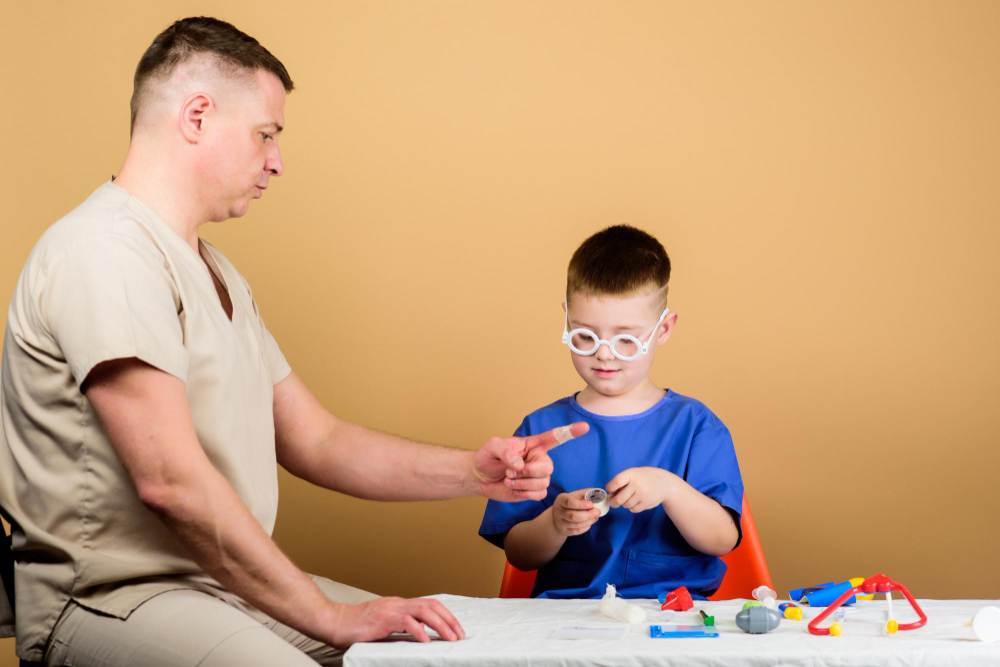Services

Respiratory Infections
Respiratory infections like bronchitis and pneumonia affect the lungs, causing symptoms such as cough, fever, and difficulty breathing. Prompt medical attention is essential to prevent complications and ensure effective treatment, particularly for vulnerable groups like children and the elderly.

Asthma
Asthma is a chronic respiratory condition characterized by inflammation and narrowing of the airways, leading to symptoms like wheezing, shortness of breath, and coughing. Effective management includes avoiding triggers, using inhalers, and medication to control and prevent asthma attacks, ensuring a better quality of life for patients.

Allergy
Allergies, such as allergic rhinitis, occur when the immune system overreacts to allergens like pollen, dust, or pet dander. Symptoms include sneezing, itching, and a runny or congested nose. Managing allergies involves avoiding triggers, using antihistamines, and, in some cases, immunotherapy to reduce sensitivity to allergens.

ADHD
Attention Deficit Hyperactivity Disorder (ADHD) is a neurodevelopmental condition characterized by inattention, hyperactivity, and impulsivity. It affects daily functioning and academic performance. Management includes behavioral therapy, medication, and supportive educational strategies to help individuals improve focus, control impulses, and enhance their overall quality of life.

Autism Spectrum Disorder
Autism Spectrum Disorder (ASD) is a developmental condition affecting communication, behavior, and social interaction. Symptoms vary widely but often include difficulty with social skills, repetitive behaviors, and restricted interests. Early intervention, personalized therapies, and supportive education can significantly improve outcomes, helping individuals with ASD lead fulfilling lives.

Cerebral Palsy
Cerebral Palsy is a group of neurological disorders affecting movement, muscle tone, and posture, usually caused by brain damage before or during birth. Symptoms range from mild to severe and may include difficulty walking, speaking, and performing daily activities. Treatment includes physical therapy, medications, and sometimes surgery to improve mobility and quality of life.

Ear Infections
Ear infections, or otitis media, are common in children and occur when the middle ear becomes inflamed due to bacteria or viruses. Symptoms include ear pain, fever, and hearing difficulties. Treatment often involves antibiotics for bacterial infections and pain management, ensuring quick relief and preventing complications.

Developmental Delays
Developmental delays refer to when a child lags behind peers in reaching milestones in areas like speech, motor skills, or social interactions. Early identification and intervention with therapies such as speech, occupational, and physical therapy can help children catch up and improve their developmental progress.

Scoliosis
Scoliosis is a condition where the spine curves sideways in an "S" or "C" shape. It can develop during growth spurts in childhood or adolescence and sometimes has no known cause (idiopathic scoliosis). Symptoms may include uneven shoulders or waist, and in severe cases, difficulty breathing.
